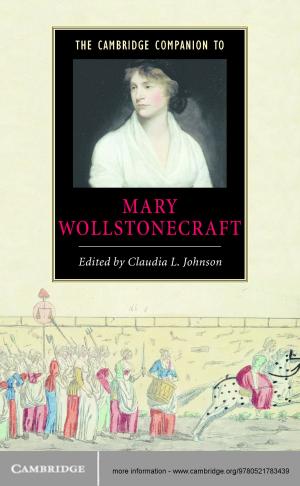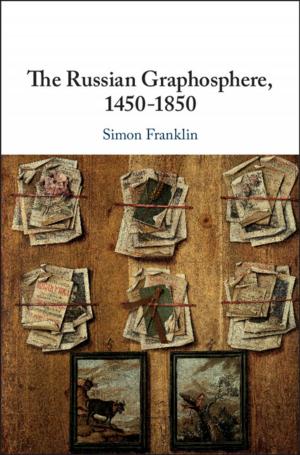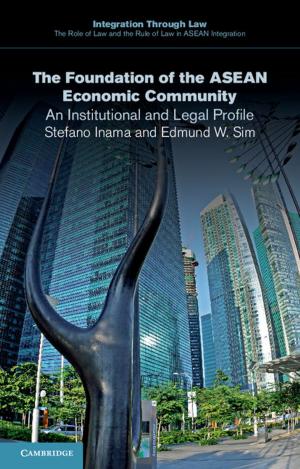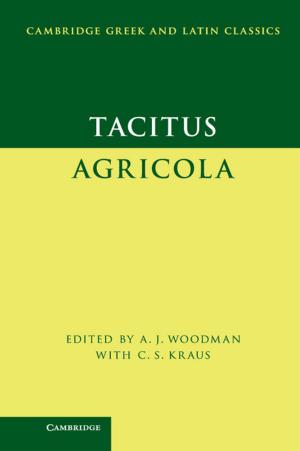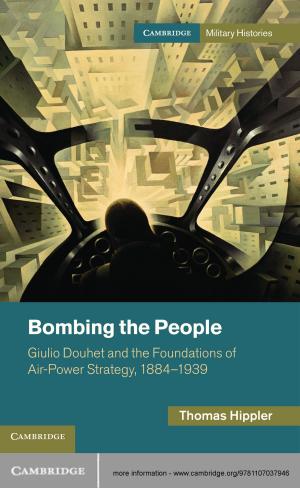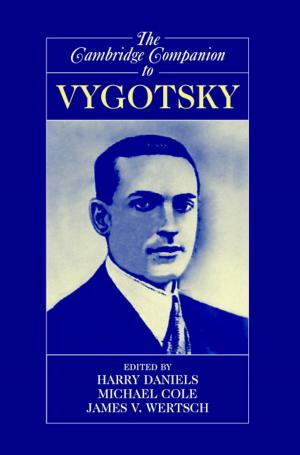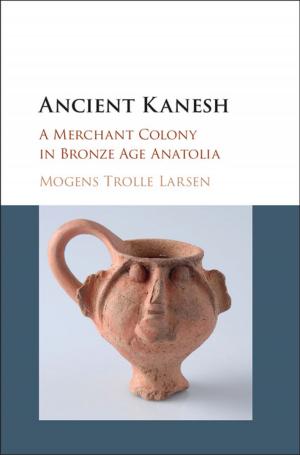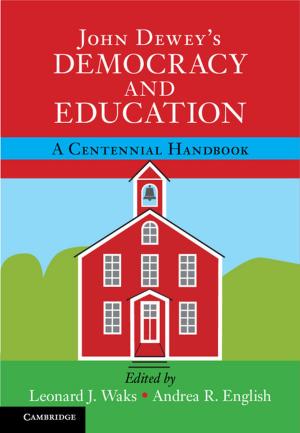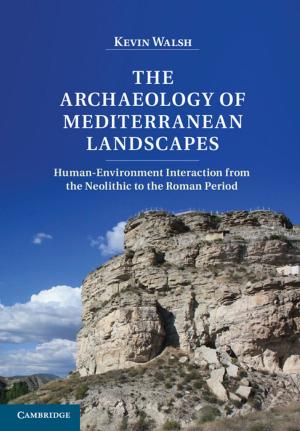The City in the Roman West, c.250 BC–c.AD 250
Nonfiction, Social & Cultural Studies, Social Science, Archaeology, History, Ancient History| Author: | Ray Laurence, Simon Esmonde Cleary, Gareth Sears | ISBN: | 9781139179560 |
| Publisher: | Cambridge University Press | Publication: | July 14, 2011 |
| Imprint: | Cambridge University Press | Language: | English |
| Author: | Ray Laurence, Simon Esmonde Cleary, Gareth Sears |
| ISBN: | 9781139179560 |
| Publisher: | Cambridge University Press |
| Publication: | July 14, 2011 |
| Imprint: | Cambridge University Press |
| Language: | English |
The city is widely regarded as the most characteristic expression of the social, cultural and economic formations of the Roman Empire. This was especially true in the Latin-speaking West, where urbanism was much less deeply ingrained than in the Greek-speaking East but where networks of cities grew up during the centuries following conquest and occupation. This well-illustrated synthesis provides students and specialists with an overview of the development of the city in Italy, Gaul, Britain, Germany, Spain and North Africa, whether their interests lie in ancient history, Roman archaeology or the wider history of urbanism. It accounts not only for the city's geographical and temporal spread and its associated monuments (such as amphitheatres and baths), but also for its importance to the rulers of the Empire as well as the provincials and locals.
The city is widely regarded as the most characteristic expression of the social, cultural and economic formations of the Roman Empire. This was especially true in the Latin-speaking West, where urbanism was much less deeply ingrained than in the Greek-speaking East but where networks of cities grew up during the centuries following conquest and occupation. This well-illustrated synthesis provides students and specialists with an overview of the development of the city in Italy, Gaul, Britain, Germany, Spain and North Africa, whether their interests lie in ancient history, Roman archaeology or the wider history of urbanism. It accounts not only for the city's geographical and temporal spread and its associated monuments (such as amphitheatres and baths), but also for its importance to the rulers of the Empire as well as the provincials and locals.

